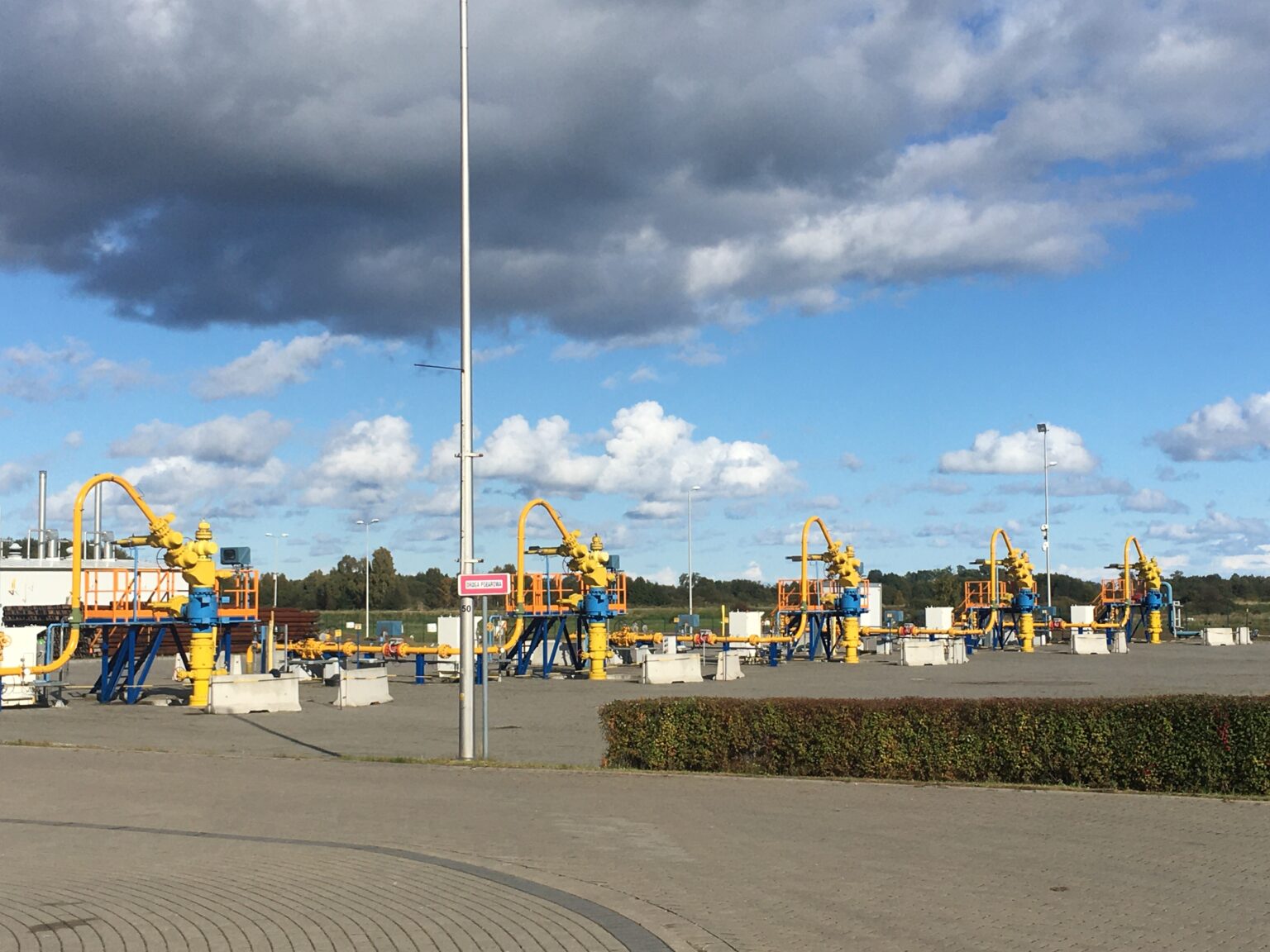Poland’s Gaz-System is taking part in talks on the construction of a hydrogen pipeline by the Baltic Sea and storing carbon dioxide in salt caves. An appropriate state strategy is already being developed.
„We have launched several projects to develop standards for hydrogen transmission and mixing it in the existing infrastructure. Hydrogen can be transferred in pure form, or it can also be blended with, e.g. natural gas in different proportions. We can build gas pipelines for the transmission of hydrogen or think about the technology able to adapt existing gas pipelines for its transport,” said the president of Gaz-System Marcin Chludziński in an interview with BiznesAlert.pl. „We are one of the operators that are co-creating the Nordic-Baltic Hydrogen Corridor, which is to strengthen the region’s energy security, decrease dependence on imported fossil fuels, and develop a quick decarbonization path in significant sectors of the economy, including the industry, transport, power generation and district heating. Hydrogen is a kind of energy storage, but our storage facilities could stabilize the aforementioned hydrogen pipeline from the Scandinavian countries through the Baltic states and Poland to the West. We also need our own hydrogen network, depending on the industry,” Chludziński explained.
Gaz-System reports that the new TEN-E regulation provides for the possibility of granting the status of Projects of Common Interest (PCI) for investments enabling the creation of an integrated European hydrogen infrastructure through the implementation of projects in the field of transmission and storage of hydrogen and installations for the reception and regasification of liquefied hydrogen or hydrogen transferred in other chemicals (e.g. ammonia).
The Nordic-Baltic hydrogen Corridor is an initiative that aims to transport hydrogen from Finland, through the Baltic states and Poland to Germany. Gaz-System has established cooperation with the operators of the gas transmission network from the countries through which this pipeline would run. The list of PCI hydrogen projects is to be presented by the European Commission in autumn 2023. The projects on the list may receive EU funding of up to 75 percent of the costs.
„CO2 capture and transmission are also at stake. There are different concepts, but it is necessary to assess what will be profitable: deliveries to the Norwegian Shelf or storage of this gas in Poland on the spot in salt caves, which we have a lot of due to geological construction. The preparation of the state strategy in this regard is underway. The Czech Republic and Bulgaria are already at the stage of drafting government documents on the construction of the first CO2 storage facilities. This may or may not be for heavy industry, which in a few years will not be able to sustain itself due to carbon emissions,” the CEO told BiznesAlert.pl in an interview that will be published in full on the 31st of May.
Carbon storage strategies are being developed. Companies owned by the State Treasury are considering pumping CO2 to the Baltic seabed or onshore in salt caverns. This is a way to combat CO2 emissions, which is a greenhouse gas penalized in the European Union’s climate policy. Emission allowances prices are an increasingly important component of business costs and companies need to report emissions levels. In turn, customers look at this criterion when making business decisions.
Wojciech Jakóbik









